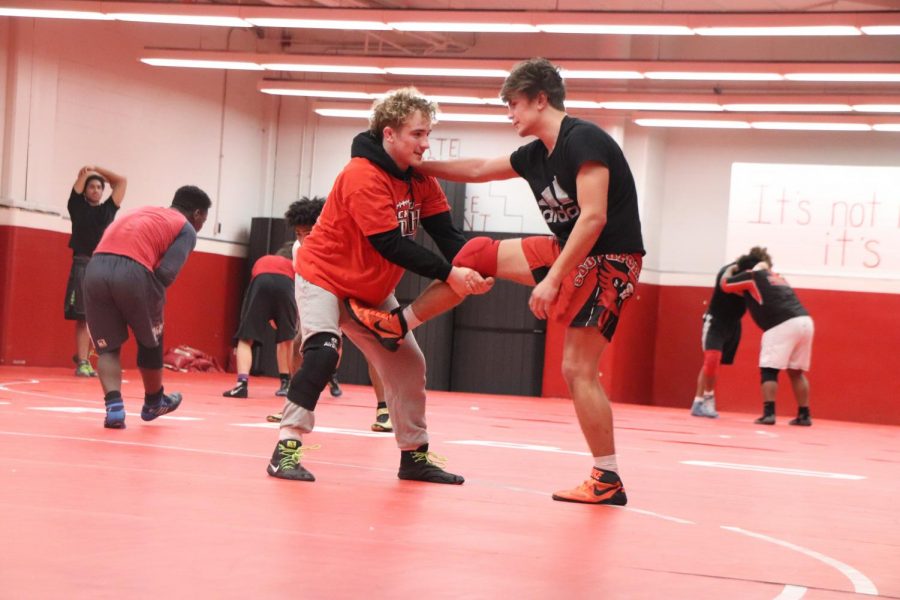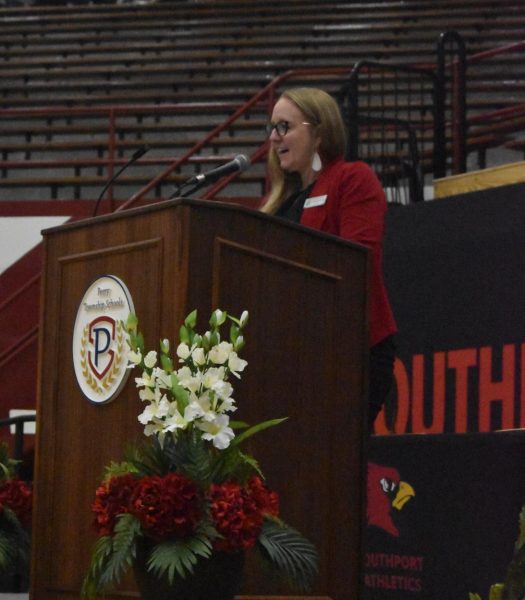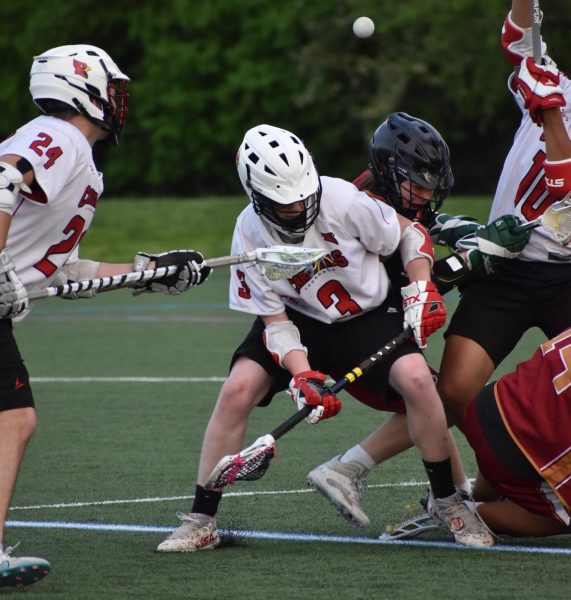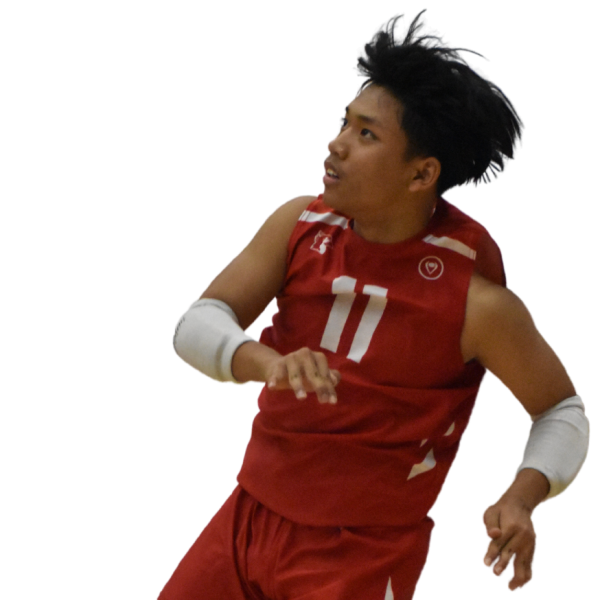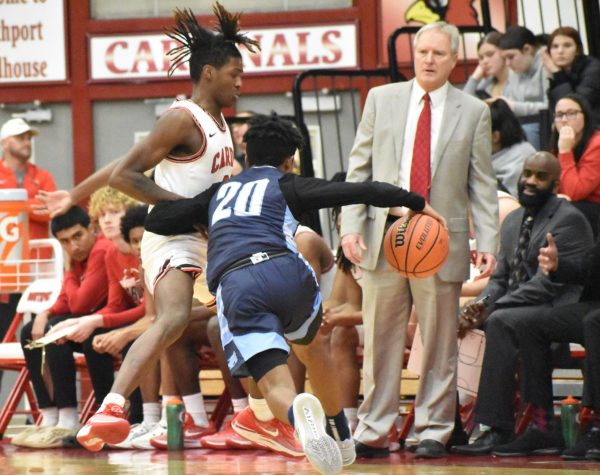Weighing the options
SHS wrestlers must balance health and performance to be successful
Luke Goodwin and senior Josh Moore practice with each other on Jan. 30. Goodwin won first place in conference on Jan. 18.
Every night before bed, junior Bryce Pardue goes through his normal routine of brushing his teeth and taking a shower, but instead of just wanting a good night’s rest, he has a different goal. He wants to lose weight. To do so, instead of wearing comfortable pajamas to bed, he wears multiple layers of clothing to sweat off calories while he sleeps.
Pardue is preparing for a wrestling meet. In the days leading up to it, he has to lose a lot of weight in a short period of time because if he doesn’t weigh into his weight class, he may not be able to compete. Many wrestlers call this “cutting weight,” and according to Pardue, “weight cutting is the most important thing in wrestling.”
“It should be your number one priority to keep your weight down,” Pardue said. “If you miss weight, you hurt your team.”
There are many ways to go about cutting weight, and every wrestler has a preferred program.
“Everybody’s methods are different,” junior wrestler Luke Goodwin said. “I just eat a plant-based diet, do a lot of cardio and sit in the sauna.”
Along with doing multiple workouts and eating healthy, Pardue has another way to shed a few more pounds without putting in unnecessary physical strain.
“I put at least three layers of clothes (on) before I sleep because when you sleep, you usually cut one pound, but when I do, I cut three,” Pardue said.
Losing so much weight in such a short period of time can be a bad idea, according to head wrestling coach Albert Skinner. According to Pardue, the most weight he has lost right before a meet is 10 pounds in around 17 hours.
According to Skinner, every time a wrestler wants to drop a weight class he must consider the cost against the benefits.
“Questions (that) have to be asked and answered are, ‘Will I be able to perform an hour after I weigh in, (and) does this weight cut offer a better chance of winning?’” Skinner said. “If the answer is no to either of those questions, then I don’t see the cut as a good idea.”
Skinner says there is a line where cutting too much weight can become too dangerous and isn’t suggested.
“The bottom line is if an athlete is spending more mental and physical energy cutting weight than becoming a more skilled wrestler, then it is detrimental to his or her development as a wrestler,” Skinner said.

Hi! I am Jacob, an SHS senior and a sports writer for The Journal this year. I’m really into new technology and the way it works. I love computers and...


